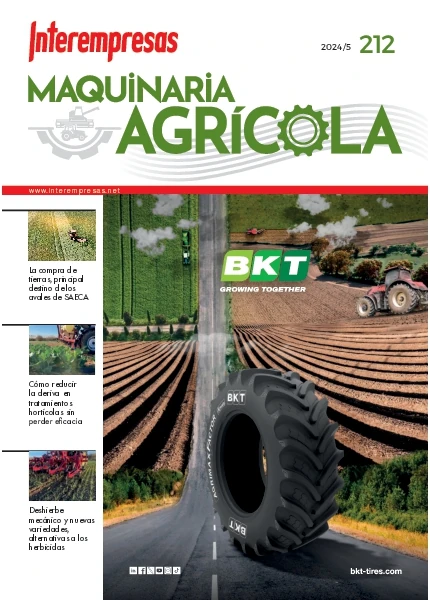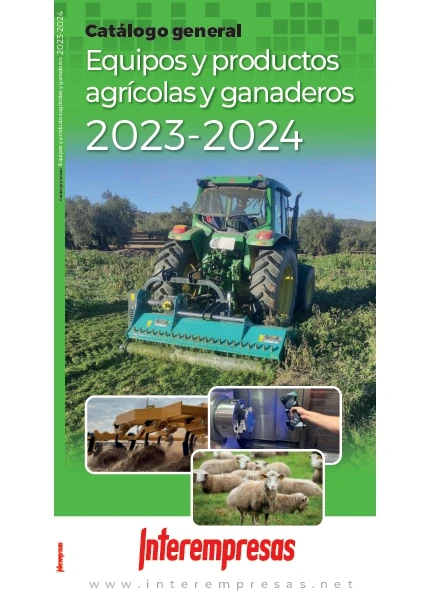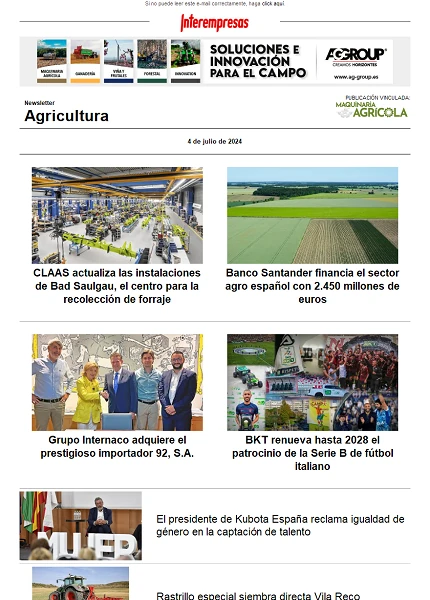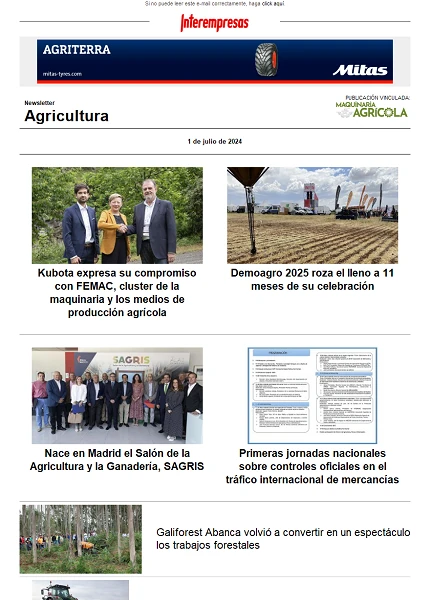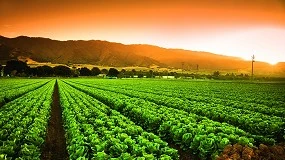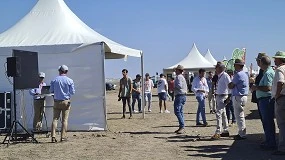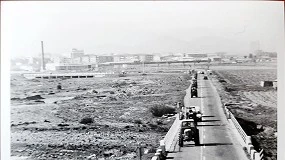The cereal, in the sight
3 July 2012
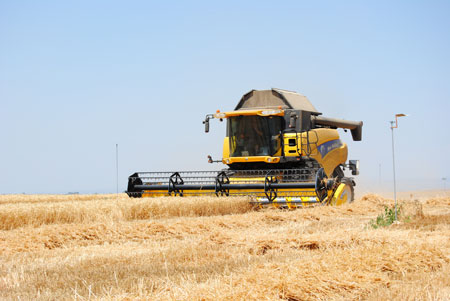
Paint bad time for the sector cerealista in our country. In the first place, the campaign of cereals of winter, of which begin to make public the first data, has seen seriously affected by the drought and the late rains. It foresees , according to several agricultural organisations (
The result: significant descents in the majority of the productions (soft and hard wheat, barley, avena, rye and triticale). Cooperatives Agro-Alimentary and Asaja launch similar percentages. According to the first, of the 11,37 million tonnes of cereals that presumably will collect (17,05 millions during the campaign of winter of the year 2011), 4,12 millions correspond to soft wheat (6,10 in the same period of the previous exercise); 364.669 tonnes to hard wheat (834.521 in the year 2011); 5,66 million barley (8,30); 721.481 tonnes of avena (1,12 millions); 260.607 tonnes of rye (394.177) and finally 236.909 tonnes (305.074 in the campaign of winter of the year 2011), as it shows the table 1. Regarding the corn, foresees that they will collect 3,50 millions (3,72 in the previous year).
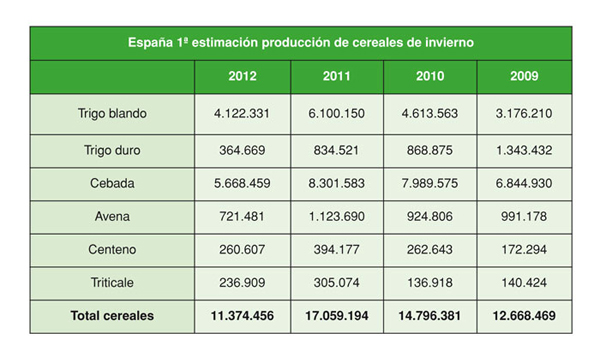
The big zones cerealistas, the main prejudiced
Castile and Leon, with 1,86 million hectares (31,54% of the total) of destined surface to cereals of winter; Castile-La Mancha, with 1,30 millions (22,09%); Aragon, with 735.080 hectares (12,42%); Andalucia, with 638.031 (10,78%); Catalonia, with 298.628 (5,04%), Extremadura, with 239.702 (4,05%) and Navarra, with 180.750 hectares (3,05%) are the main zones cerealistas of the country, according to data of Cooperatives Agro-alimentary, and therefore, the most prejudiced after the bad campaign of winter. To do an idea, in soft wheat, a crop that has a production of 27,7% on the total of the harvest, foresee the most accused falls, above 40%, in Castile and Leon, where harvested 2,89 million tonnes in the previous campaign and now expect 1,70 millions, and Castile-La Mancha, where recolectaron 937.557 tonnes and now could obtain 562.153. Something similar sucederá, surely, in Andalucia and The Rioja, with losses of the 37,15 and 31,03%, respectively. Of soft wheat, Cooperative Agro-alimentary augura a total production of 4,12 million tonnes, in front of the 6,10 that harvested during the same period of the year 2011. Basically, 32,42% less than the expected.
In barley, 38,1% of the total of the harvest, observes an alike phenomenon. Castile and Leon will register losses of 41,54% in the planned production for this year, of 1,79 million tonnes, compared with the one of the year 2011, when they reached the 3,06 millions. Castile-La Mancha also would go out malparada of this campaign, when happening of 2,34 million tonnes to 1,75 (25,08% less). Other Autonomous Communities engrosarían these figures with productions to the drop of barley. Like Extremadura (-57,09%), Navarra (-44,29%), Andalucia (-39,42%) and Aragon (-30,27%). In global, recolectaría a 31,72 less than barley in all Spain.
From COAG, also do a global assessment of the campaign of winter although it still does not have of definite data, since hardly it has begun to segar in Andalucia, Castile and Leon and some Autonomous Community more. “Andalucia has been one of the Communities that more has accused the adverse meteorology, with a merma of harvest around 80%; whereas in Aragon would speak of almost 40%. In Navarra contabilizarían near losses to 35%; in Castile-La Mancha would oscillate between the 30 and 35% and in Castile and Leon, between the 25 and 35%. Finally, in Catalonia, would depend on the zone, by what could give losses between the 80 and 20% of the seeded”, aims José Roales. “In all the country –continues– could leave it in 30% less than production of cereals”.
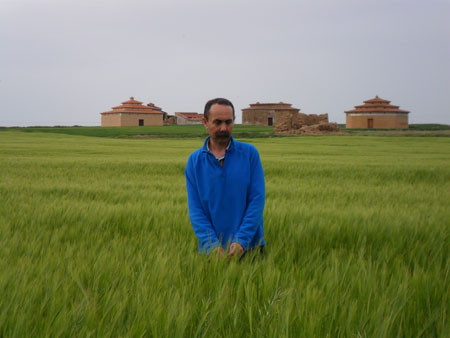
Good quality of the grain, in spite of the lower production
The current campaign, as they ensure from Asaja, no only characterises by the reduction of the production; also by a very good quality of the grain so much in barleys as in wheats, appreciating some optimum parameters of humidity, proteins and vitrosidad. With regard to the evolution of the prices of the cereals, from the agricultural organisation vaticinan a rise of the same. Factors like the reduction of kilos obtained, the excellent quality of the grain, some stocks of minimum campaign and the strengthening of the European exports to the countries of the zone dollar like consequence of a favourable change in the parity dollar/euro would give place to some cotizaciones high in the market. Seen the things, and the Spanish deficit of cereals, Asaja has requested to the government that the imports of grain effect of the less harmful form for the national producers.
The sector suffers from, beside the high risk by campaign, of prices that fluctuate in the markets, since “the globalisation is everywhere and also has arrived to the cereals”, recognise from COAG. “Although the harvests in the Cone South of the planet have not been good, already from the past year, the especuladores have forgotten of the brick and now fix in the raw materials. The cereals have left to be cheap”.
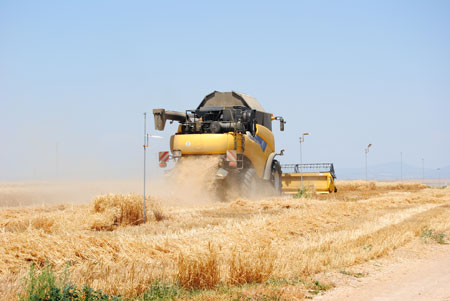
The sector cerealista bears some costs of production elevated. To the encarecimiento of the fuels and other energetic resources, it is necessary to add the one of seeds and fertilisers. Photo:
“In addition to the prices that perceive, to cover expenses it is necessary to surpass the 1.500 or 2.000 kilos by hectare”
Said it to us, in a recent interview, Pere Rubirola, agriculturalist and title of an exploitation of 300 hectares, where cultivates cereals and leguminosas in Gironinginga (Catalonia). This producer, that collects an average of 4.000 kilos by hectare, did upsetting in the encarecimiento of the price of the oil that would affect to other inputs like the fertilisers nitrogenous. Both, according to Rubirola, have increased between a 30 and 40%. “Imagine a bad season because the meteorological situation did not accompany, for example. Although the product cotizara to a high price, if you do not harvest the sufficient quantity will lose money, because the costs have been very high”, ensured.
High prices in the market and high production are basic for a very affected sector by the climbing of the inputs that influence in his costs of production. Like this also it sees it Xavier Ardiaca, headline of an exploitation of 67 hectares, where cultivates 6.500 kilos of barley and 7.500 of wheat, in Lleida (Catalonia). “Although the previous campaign was not very good, yes have noticed 40% less than production in this last. In crops of regadío have had luck, but can not say the same of the ones of secano”. For this producer the costs have shot . Diesel, gas, water and light have gone up a lot, although the greater increase has taken place in the purchase of seeds and fertilisers.
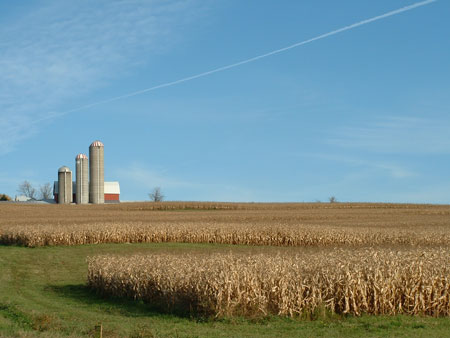
Some costs that would go to more than confirming the refusal of some Autonomous Communities to subsidise the contracting of the agricultural insurance, as it did to date. Castile-La Mancha, Castile and Leon, Murcia and Extremadura have made public his decision of no sufragar the corresponding part of subvention to the lines of contracting of agricultural insurance engaged with the primary sector. Agricultural organisations and representative cooperatives of the sector already have warned that the elimination of these autonomic supports to the contracting of the agricultural insurance would have an effect devastador for the producers, and like this have done it know through a communiqué. They insist, in that agriculturalists and graziers could not assume the increase of the premiums of insurance, by what would lose an instrument that guarantees the continuity of the agricultural activity. “In my family –recognises the national manager of the sector of cereals of COAG– already are three generations those that hire this safe, that insist, is very expensive and has few coverages. What is clear, is that if it does not subsidise , a lot of agriculturalists go to leave to hire it, because they do not go it to be able to bear. And this without taking into account the possibility that there is an accident and the economic losses that can derive ”.
Besides gives the peculiarity that the producers cerealistas go to be the most affected, since they also are those that more hire these insurance because the risk is very high. “Anything can affect you: drought, snowfall, hailstorm. Up to now we had the safe to a quite affordable price and asumible for any producer. If they suppresses the subventions, will increase us a lot the costs. I calculate, around 10% more. It is possible that if they begin us to remove helps, peligre ours minimum basic income”, regrets Ardiaca.

